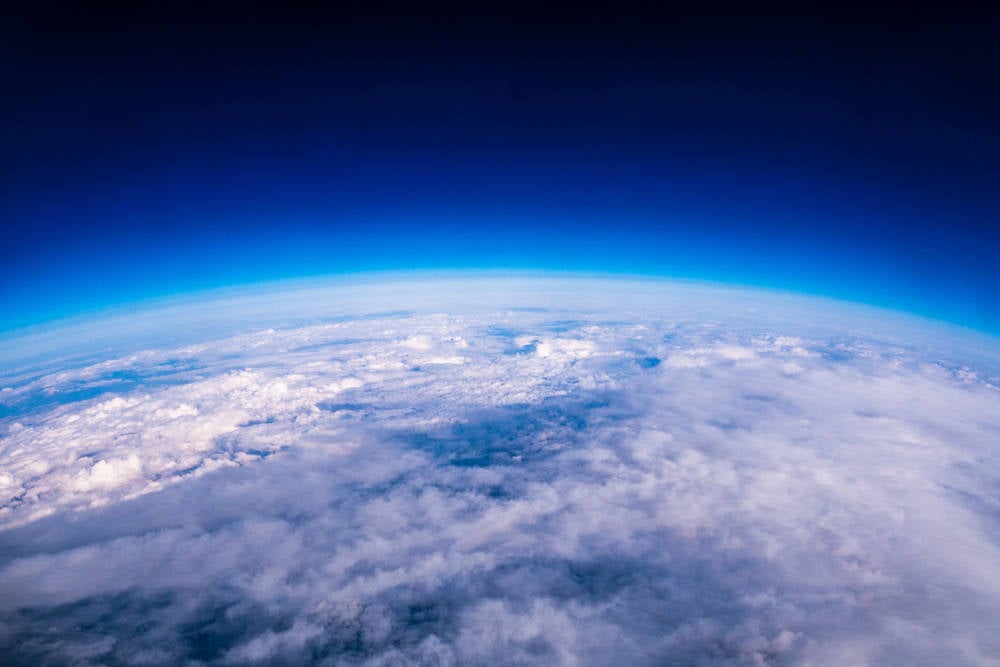Amazon Aims To Launch Prototype Broadband Internet Satellites By Q4 2022 – Without Bezos' Blue Origin

Amazon hopes to launch two prototype satellites into low Earth orbit by the end of 2022 as part of Project Kuiper – its $10bn effort to provide a commercial satellite broadband service that will compete with SpaceX’s Starlink constellation.
The two birds – dubbed KuiperSat-1 and KuiperSat-2 – are intended to put Amazon’s space technology to the test. Engineers will monitor the performance of the satellites' antennas and power and propulsion systems, and see how well the equipment communicates with Amazon's custom-built terminals on Earth.
These terminals each sport a 12-inch “single aperture phased array antenna," and can use the Kuiper sats to relay internet connectivity. Specifically, the satellites will transmit in the 17.8-18.6GHz band and will receive signals from terminals in the 28.6-29.1GHz Ka-band.
Amazon said its Earth-side antenna design is three times smaller than traditional satellite broadband box antennas, and reckons that means its hardware will be cheaper and easier to install than rivals'. The overall goal of Kuiper is to provide a constellation of sats that beam internet traffic to and from people's terminals located on our home world's surface, connecting folks up to the global network wherever they may be.
“We’ve invented lots of new technology to meet our cost and performance targets for Project Kuiper,” Rajeev Badyal, vice president of technology for the project, said on Monday.
“All of the systems are testing well in simulated and lab settings, and we’ll soon be ready to see how they perform in space. There is no substitute for on-orbit testing, and we expect to learn a lot given the complexity and risk of operating in such a challenging environment. We can’t wait to get started."
- Amazon says Elon Musk's wicked, wicked ways mean SpaceX's Starlink 2.0 should not be allowed to fly
- Things that needn't be said: Don't plonk a massive Starlink dish on the hood of your car
- Rumors of satellite-comms-capable iPhone abound. The truth could be rather boring
- In space, no one can hear cyber security professionals scream
Amazon applied [PDF] on Monday to the FCC for an experimental license to launch KuiperSat-1 and KuiperSat-2.
If the US regulator gives the thumbs up, the devices won’t be hitching a ride via Amazon founder and ex-CEO Jeff Bezos’ Blue Origin, however, and instead will be sent into space by California-based startup ABL Space Systems' RS1 rocket. That rocket is expected to take off from Cape Canaveral in Florida.
"Kuiper's mission to bring high-speed, low-latency broadband service to underserved communities is highly motivating for our team here at ABL," said its CEO Harry O'Hanley.
"Amazon will play a central role in the next generation of space infrastructure, and we're proud to have been selected as their launch partner for these critical early flights."
Both prototypes will orbit at 590km above Earth at a 35-degree inclination, and will circle the globe every 96.5 minutes. The last time we heard, the equipment was able to achieve 400Mbps of connectivity in tests. One of the satellites will sport a sunshade to reduce its reflectivity, making it less bright and less likely to obstruct the view of the heavens for ground-based telescopes.
After the experiment, KuiperSat-1 and KuiperSat-2 will be deorbited – that is to say, they will reenter the atmosphere and disintegrate – to avoid adding to the junk circling our planet.
Amazon was given the green light by the FCC to eventually launch a constellation of 3,236 of the satellites. It has until July 30, 2026 to launch 50 per cent of its fleet, and until July 30, 2029 to launch the other half. ®
From Chip War To Cloud War: The Next Frontier In Global Tech Competition
The global chip war, characterized by intense competition among nations and corporations for supremacy in semiconductor ... Read more
The High Stakes Of Tech Regulation: Security Risks And Market Dynamics
The influence of tech giants in the global economy continues to grow, raising crucial questions about how to balance sec... Read more
The Tyranny Of Instagram Interiors: Why It's Time To Break Free From Algorithm-Driven Aesthetics
Instagram has become a dominant force in shaping interior design trends, offering a seemingly endless stream of inspirat... Read more
The Data Crunch In AI: Strategies For Sustainability
Exploring solutions to the imminent exhaustion of internet data for AI training.As the artificial intelligence (AI) indu... Read more
Google Abandons Four-Year Effort To Remove Cookies From Chrome Browser
After four years of dedicated effort, Google has decided to abandon its plan to remove third-party cookies from its Chro... Read more
LinkedIn Embraces AI And Gamification To Drive User Engagement And Revenue
In an effort to tackle slowing revenue growth and enhance user engagement, LinkedIn is turning to artificial intelligenc... Read more

